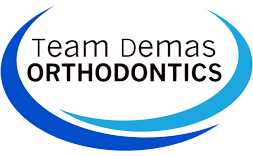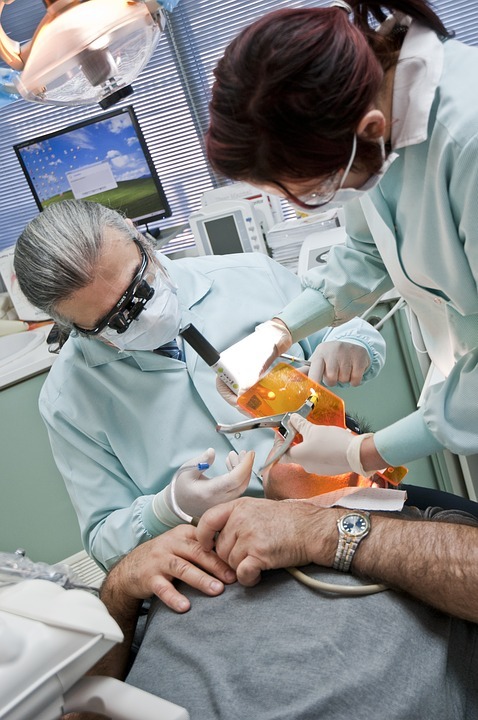
by | Oct 31, 2017 | General Articles
The field of medicine has many different specialists. In dentistry, there are two professionals that may confuse patients with oral conditions; a dentist and orthodontist. The two are quite similar. In general, ever, orthodontists train for a longer period than dentists. This makes them qualified for more procedures than general dentists.
Read more…

by | Oct 31, 2017 | General Articles, Invisalign, Invisalign Teen, Orthodontic Treatments, Team Demas Orthodontics
In a perfect world, everyone would have a perfect smile. Everyone would have perfect oral hygiene habits, so they wouldn’t have any cavities. Their teeth would already be straight, so there would be no need for orthodontic intervention. Unfortunately, this is not the current state of reality. Most people don’t have perfect smiles. Most people don’t have shiny, white teeth. Many people do end up needing some sort of orthodontic intervention.
Luckily, trained professionals are ready and willing to provide whatever services the public needs. Nevertheless, a lot of people are under the impression that their dental problems are so unique that they can’t receive care from an orthodontist. This is simply not true. One of the most common assumptions is that braces and fillings don’t mix. Take a look at questions people have and what the experts say.
Read more…

by | Oct 9, 2017 | General Articles
Braces are becoming more common among people of all ages. Both children and adults can benefit from the corrective help of orthodontic braces. But many adults wonder if it is possible to get braces if they have a missing tooth in their mouth.
Read more…
by | Oct 7, 2017 | Newsletter
[xyz-ihs snippet=”newsletter”]

by | Sep 29, 2017 | General Articles
Tooth whitening is done for different reasons that range from cosmetic to medical. The practice has one clear benefit; when you are done, you will have stunning white teeth. It is mostly done by adults using whitening strips, but first, one has to consult an orthodontist.
Read more…
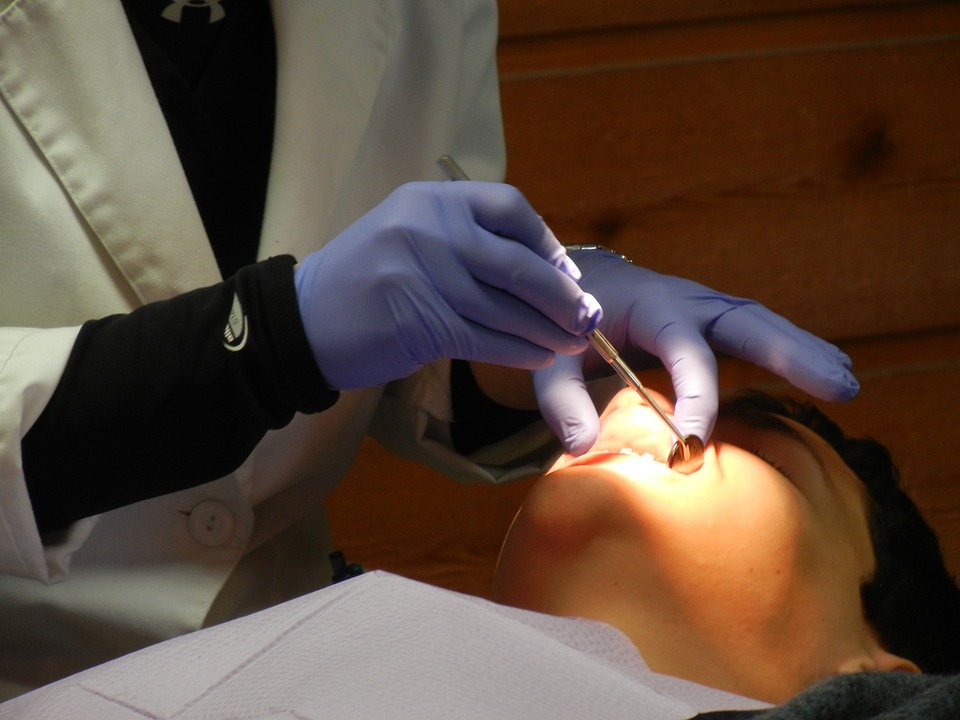
by | Sep 28, 2017 | Orthodontic Treatments
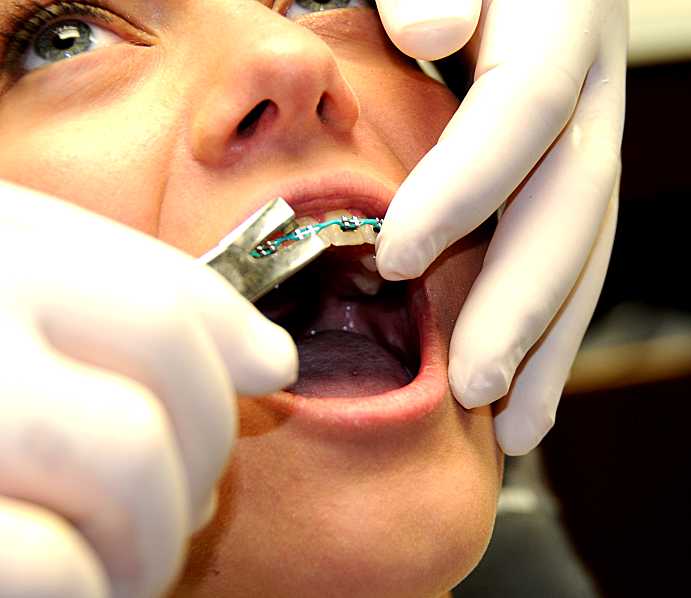
Is it Possible for a Patient to Change Orthodontists?
Sometimes, the relationship between a patient and an orthodontist is unsuccessful. The patient may feel as if the orthodontist is not acting in his or her best interest. The patient may have experienced an unexpected painful treatment or an attitude that was unprofessional. Perhaps, the person feels as if a different orthodontist may offer affordable braces, whereas the current orthodontist does not. In such cases, a person may want to change the orthodontist from which he or she has been receiving care. This individual may want to know if changing an orthodontist is allowable. The short answer to the question is “yes.”
Read more…

by | Sep 8, 2017 | General Articles
Pregnancy is a vulnerable time, and in light of the potential risks some women may feel hesitant to undergo orthodontic treatments during pregnancy. The fear of radiation exposure associated with medical imaging is particularly common, and it’s natural for mothers-to-be to worry that their babies might be adversely affected.
Read more…

by | Aug 31, 2017 | General Articles
Bottom and top teeth can go out of alignment for any number of reasons. This misalignment, which orthodontist specialists often term “malocclusion,” has actually been traced back to our earliest farming ancestors in 12,000 B.C., according to Science Daily!
Today, an estimated 4.5 million people (children and adults) currently wear braces to correct some level of misalignment, as reported by The American Association of Orthodontists. As well, much more may benefit from braces to alleviate health and comfort issues from not aligned teeth.
In this article, learn how braces align jaws to help correct malocclusion.
Read more…
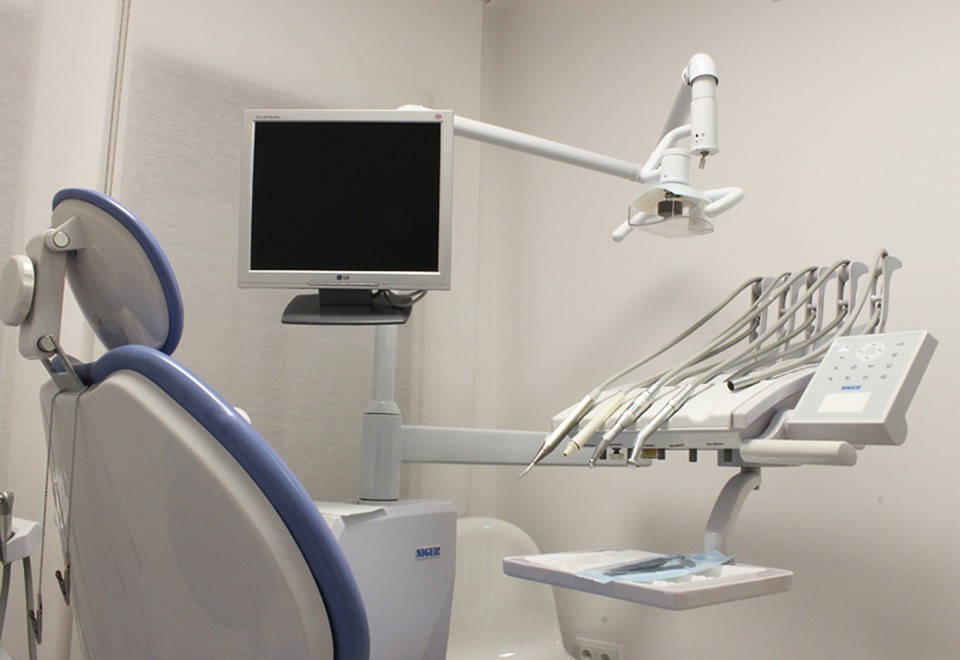
by | Aug 29, 2017 | Orthodontic Treatments

LAST UPDATED: AUGUST 29, 2017
What are Temporary Anchoring Devices (TADs)?
A temporary anchoring device (TAD) is actually a tiny screw that one of Dr. Don Demas’ team, at his Connecticut office in Southington, will position in your mouth. Its role is to act as an anchor for the movement of specific teeth. Titanium alloy is used to make a TAD. He sometimes uses these TADs as a substitute for external appliances, such as headgear, and this allows him to treat bite problems that in earlier days were virtually impossible to do without surgery. The advent of TADs also means that in some cases treatment is better and faster.
FAQ
What is Positioning of the TAD
As with most minor surgical procedures, the environment has to be kept completely sterile. A solution of chlorhexidine is usually applied to the area before the TAD is put into place. Anaesthetic is then used which is only a third of that normally used for a filling. The TAD is removed from its sterile container and put into a driver, like a screwdriver, and then Dr. Demas will screw it in, using gentle pressure right through the gum and into the bone.
The positioning of the screw only takes around 20 seconds. With the additional 5 minutes for the local anesthetic spraying procedure and 2 minutes to put the spring in place, the majority of single TAD implantations can take place within a single orthodontic adjustment appointment.
A few patients may experience a mild sensitivity in the area for a day or two after the procedure but this is easily resolved with a mild anti-inflammatory drug.
Once the TAD is in place it will be necessary to keep it scrupulously clean by brushing it gently with an antibacterial solution. This will ensure there are no unnecessary complications with the TAD and it will be made much easier.
When will the TAD be removed?
Like virtually all orthodontic devices, the TAD is temporary and is normally removed once it has done its job of assisting with tooth movement. A numbing gel is applied and within a few seconds, the TAD has been gently removed.
What Are The benefits of TADs
The use of TADS typically helps to lower treatment times, eliminates the necessity to wear elastic appliances or rubber bands and in certain situations can even make some oral surgery unnecessary. It also allows orthodontists to treat more complex cases which before the introduction of TADs might have been impossible. It is a remarkably small device but plays a very important role in tooth movement procedures.
Contact Team Demas Orthodontics
For strong teeth in Southington, contact Team Demas Orthodontics for an appointment with one of these orthodontists:
- Donald C. Demas
- Mark Clauss
With an examination through medical images of your face and mouth, our orthodontists can determine the best type of braces or aligners for your needs. Most noteworthy is the types of orthodontic treatments available at Team Demas Orthodontics include:
- Invisible braces / Invisalign
- Ceramic braces
- Lingual braces
- Metal braces
Team Demas Orthodontics
27 Meriden Ave #2a, Southington, CT 06489, USA
Phone: 860-276-0333

by | Aug 8, 2017 | General Articles
Congratulations on your child getting their braces! However, exciting as this may be, it still holds a list of drawbacks, such as an inability to eat certain foods and mouth pain from the brackets and wires that were just installed. However, in the guide below, we will outline the top 14 ways you can alleviate your kid’s discomfort with their mouth gear and get them smiling again!
Read more…

